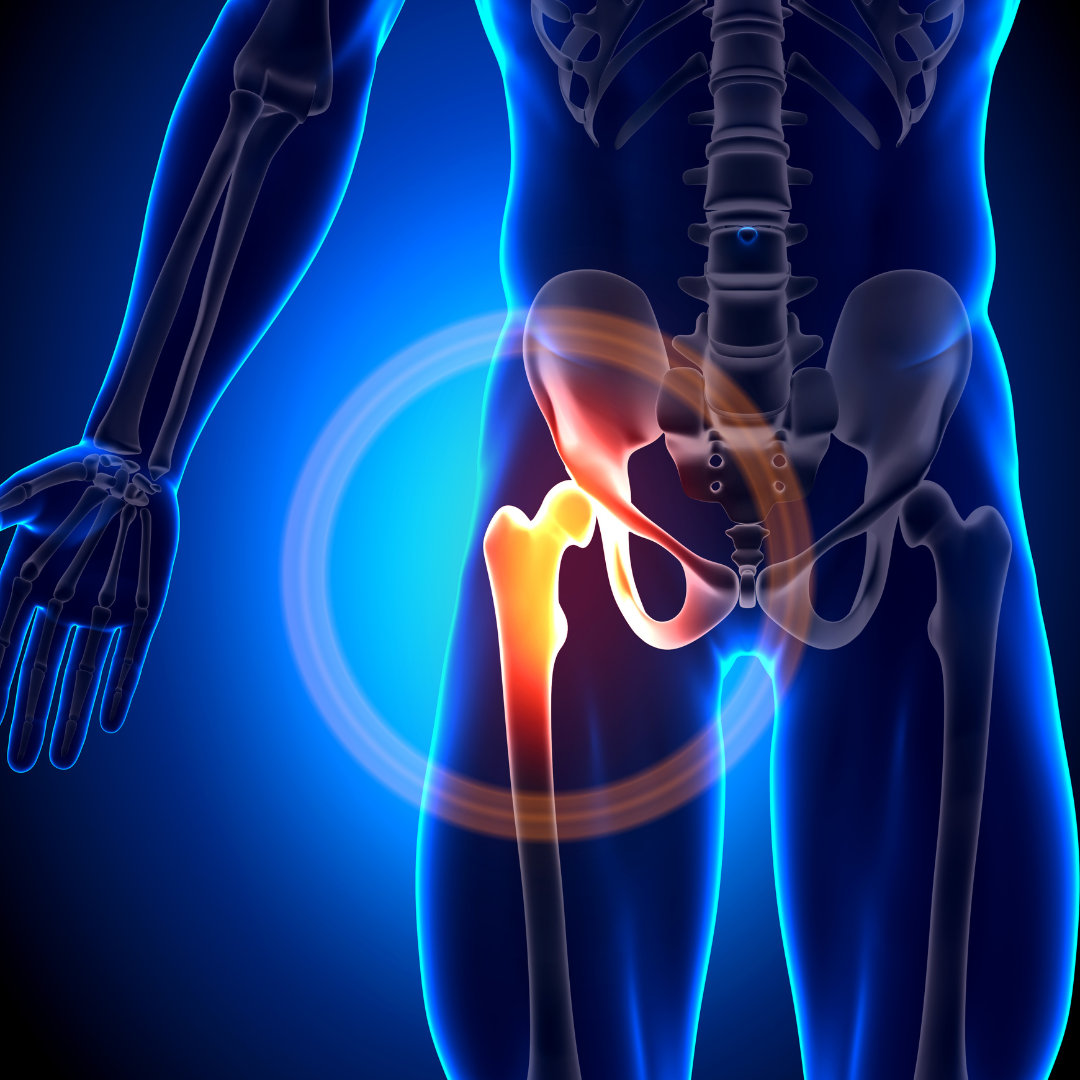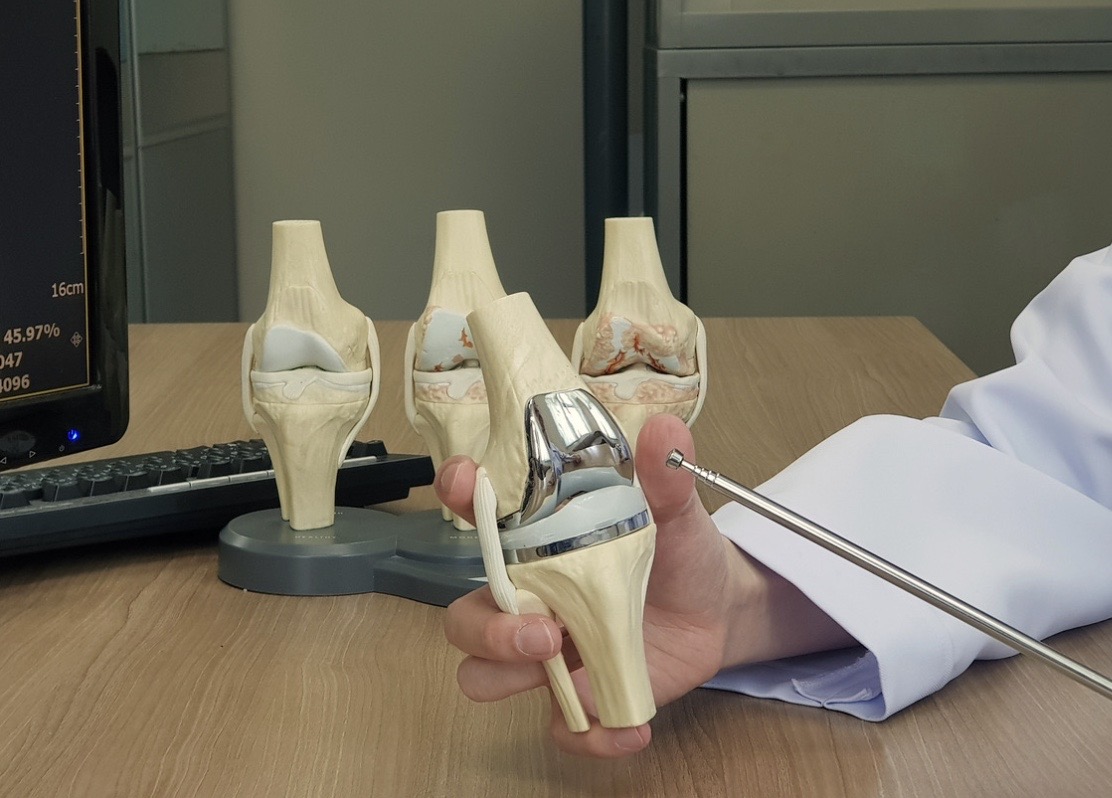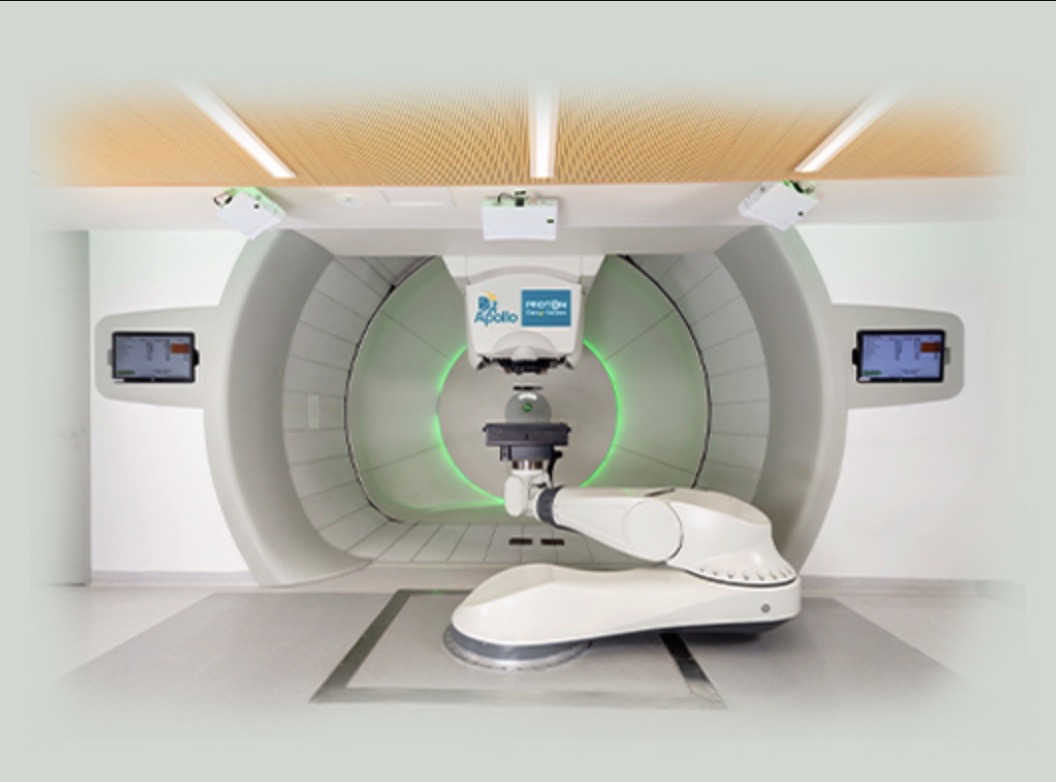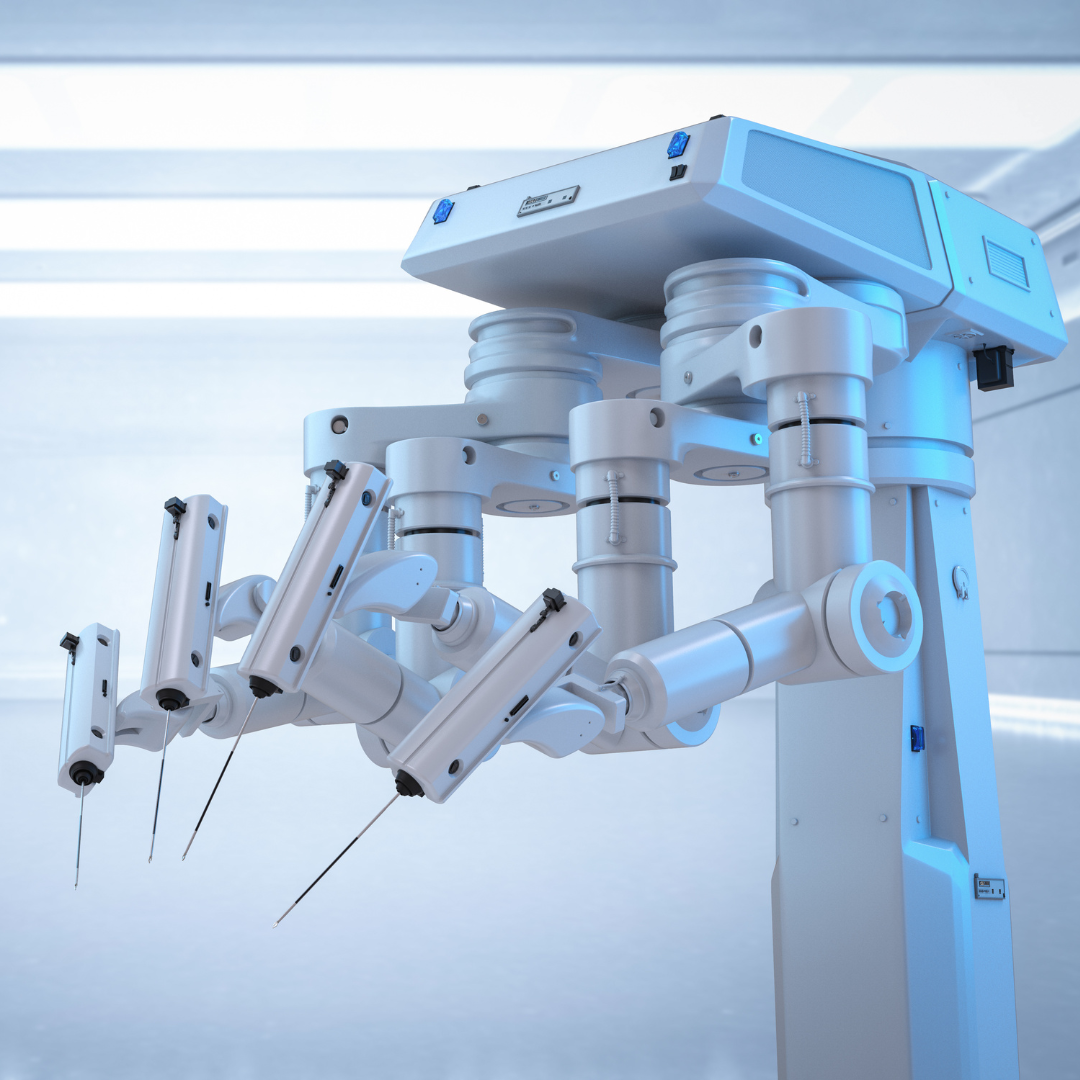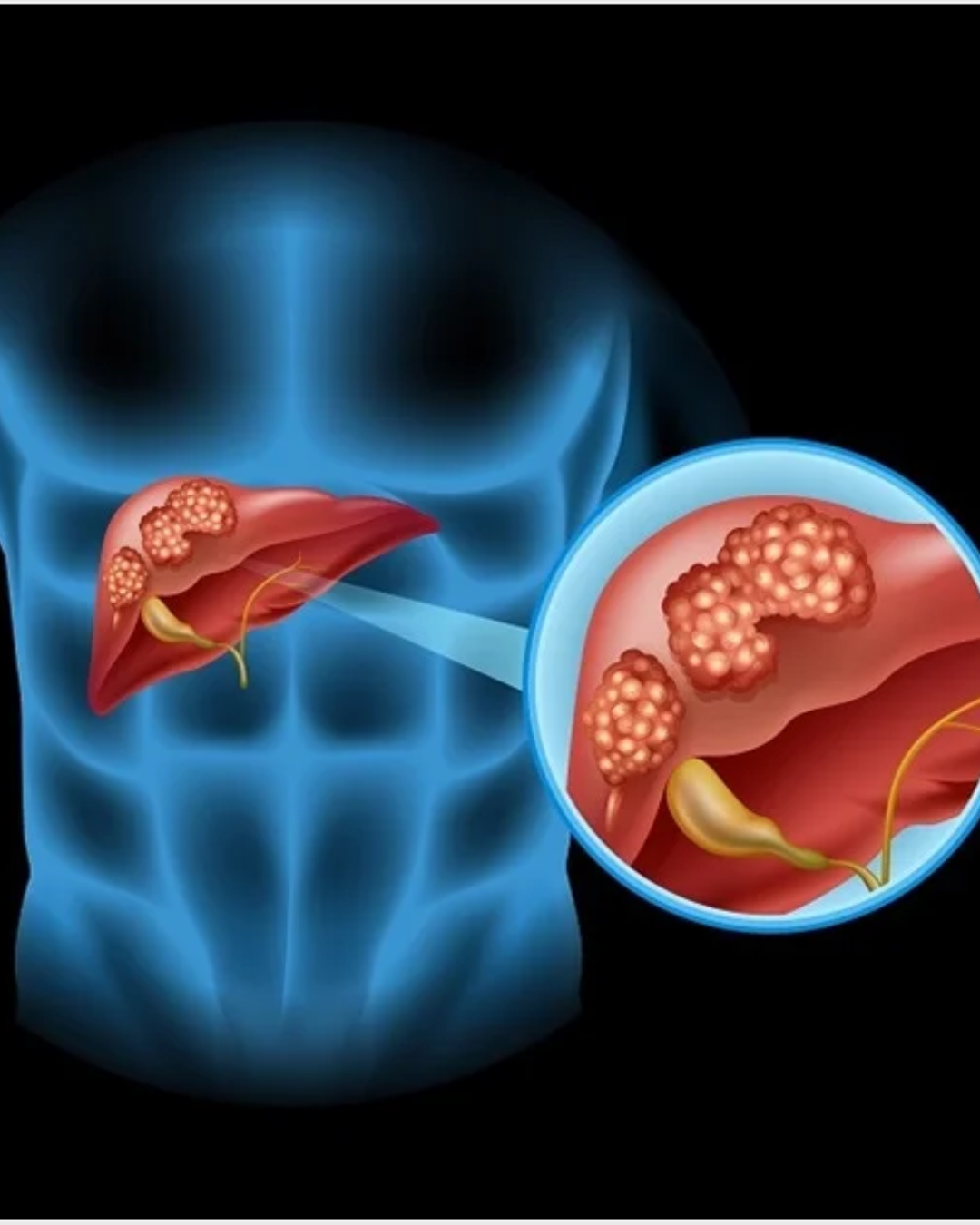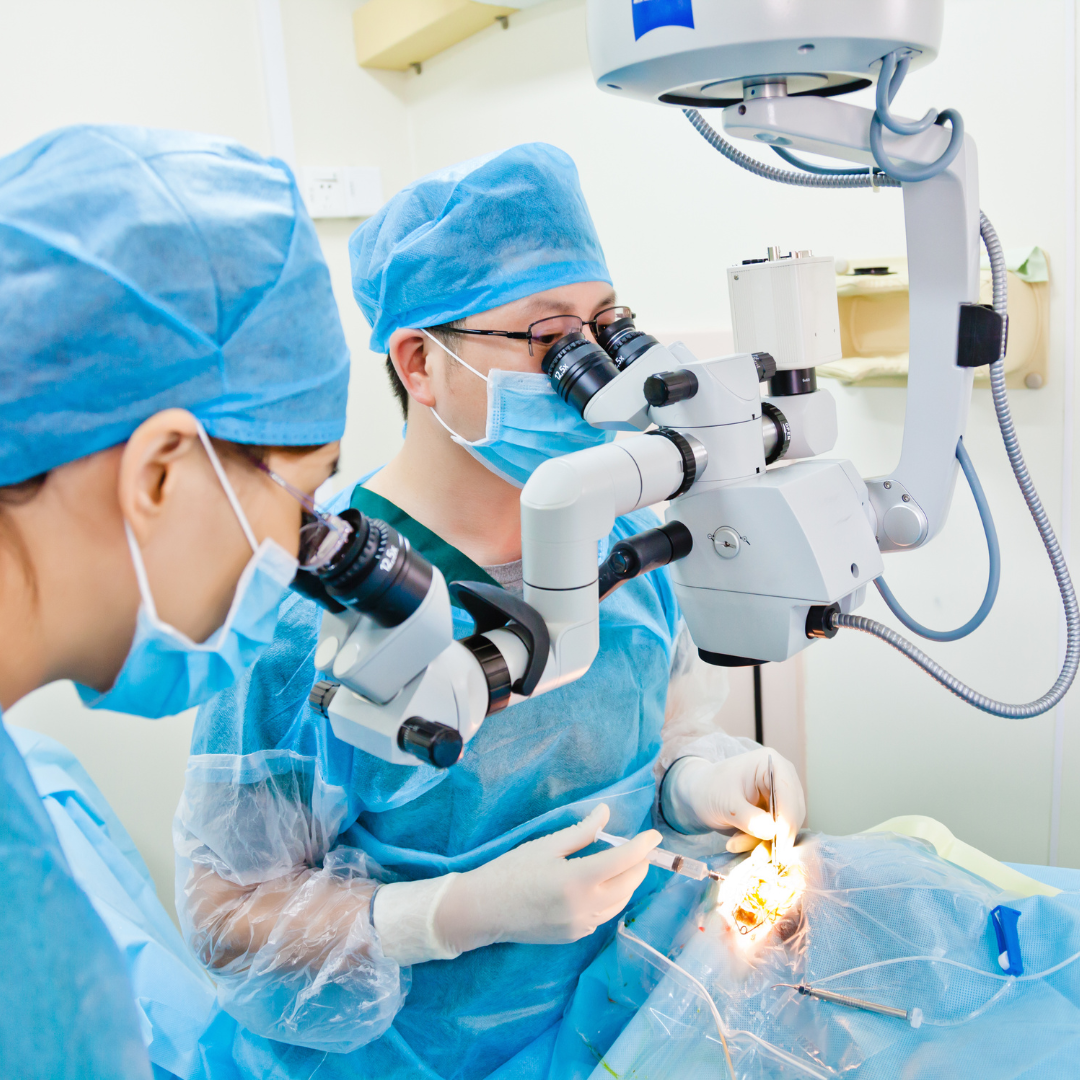Introduction
Knee replacement surgery, also known as knee arthroplasty, is a procedure where damaged or worn-out parts of the knee joint are replaced with artificial components. This surgery is typically recommended for individuals suffering from severe knee pain or disability due to conditions like osteoarthritis, rheumatoid arthritis, or injury. The goal of knee replacement surgery is to relieve pain, restore function, and improve the patient's quality of life. The procedure involves removing the damaged surfaces of the femur, tibia, and sometimes the patella (kneecap), and replacing them with metal, plastic, or ceramic implants. Patients typically undergo physical therapy after surgery to regain strength and mobility. Knee replacement surgery has a high success rate, with most patients experiencing significant pain relief and improved knee function.
Cost Comparison
The cost of knee replacement surgery treatment varies widely anywhere in the world, depending on the hospital, the stage of cancer, the type of treatment, the number of therapy sessions required, the patient’s overall health condition, post-operative complications and care, etc. The average cost of knee replacement surgery in India is USD $5500.
But be assured as the cost of Knee Replacement Surgery in India is just a fraction of developed nations.
- Avg Cost of treatment - $5500
- Maximum cost of treatment - $7300
Factors affecting Cost of treatment
-
Type of Knee Replacement: The type of knee replacement (e.g., total knee replacement or partial knee replacement) can influence costs. A total knee replacement generally costs more than a partial replacement.
-
Hospital Reputation and Facilities: Private hospitals with better infrastructure, advanced technology, and experienced orthopedic surgeons tend to charge more. Premium hospitals like Fortis, Max Healthcare, and Artemis typically have higher costs.
-
Surgeon's Experience: A highly experienced or specialized surgeon may charge higher fees, influencing the total cost of the procedure.
-
Implant Used: The quality and brand of the knee implant used can significantly impact the cost. High-quality or advanced prosthetics, such as robotic-assisted knee implants, may increase the price.
-
Preoperative and Postoperative Care: The type of care provided before and after surgery, including physiotherapy, medications, diagnostic tests, and hospital stay, will add to the total cost.
-
Insurance Coverage: Whether the patient has health insurance or not can affect the amount paid out-of-pocket. Some insurance policies cover a part of the surgery cost.
-
Additional Treatments: Any additional procedures, complications, or treatments required before, during, or after the surgery can increase the cost.
- Patient’s Health Condition: A patient’s overall health condition may affect the complexity of the surgery and recovery process, influencing the cost.
Treatment Options
1. Total Knee Replacement (TKR)
-
Description: Involves replacing the entire knee joint with a prosthetic implant. This is the most common procedure for patients with severe arthritis or joint damage.
-
Indication: Severe pain, loss of mobility, and limited function due to conditions like osteoarthritis, rheumatoid arthritis, or trauma.
-
Recovery: Patients usually stay in the hospital for 3-5 days and may require 6-12 weeks of recovery, with full recovery taking several months.
2. Partial Knee Replacement (PKR)
-
Description: Involves replacing only the damaged portion of the knee joint, preserving the healthy tissue. This can be performed on patients with isolated arthritis in one part of the knee.
-
Indication: Arthritis or damage confined to one side of the knee (e.g., medial, lateral, or patellofemoral compartment).
-
Recovery: Typically faster recovery than total knee replacement, with most patients returning to normal activities within 4-6 weeks.
3. Robotic-Assisted Knee Replacement
-
Description: A more advanced, minimally invasive procedure using robotic technology to assist the surgeon in performing a precise knee replacement. It allows for a more personalized and accurate implant fitting.
-
Indication: Suitable for patients seeking a higher level of precision and less post-surgery pain.
-
Recovery: Similar to total knee replacement but may be less painful and result in a quicker recovery due to minimally invasive techniques.
4. Knee Osteotomy
-
Description: This is a procedure where the surgeon removes or reshapes part of the bone to relieve pressure on the knee joint, typically for patients with early to mid-stage osteoarthritis.
-
Indication: A viable option for younger patients with knee arthritis in one compartment but who are not yet candidates for total knee replacement.
-
Recovery: Recovery may take several months, as it involves reshaping the bone structure.
5. Knee Arthroscopy
-
Description: A minimally invasive procedure that uses a small camera and instruments to repair or remove damaged cartilage, ligaments, or tissue inside the knee.
-
Indication: Often used for partial damage, such as a torn meniscus, or to remove loose cartilage, not typically used for advanced arthritis or widespread joint damage.
-
Recovery: Typically, quicker recovery and less downtime compared to full knee replacement surgeries.
6. Biologic Treatments
-
Description: Non-surgical approaches such as stem cell therapy, platelet-rich plasma (PRP) injections, or hyaluronic acid injections aim to stimulate healing and reduce inflammation in the knee joint.
-
Indication: Recommended for patients with mild to moderate arthritis or soft tissue injuries to delay the need for surgery.
-
Recovery: These treatments have a shorter recovery time and are often performed on an outpatient basis.
7. Physical Therapy and Conservative Management
-
Description: For patients with mild knee pain or early-stage arthritis, physical therapy and lifestyle changes (weight loss, exercise) can often help manage pain and improve knee function.
-
Indication: Recommended for patients who are not yet candidates for surgery or those seeking to delay it.
-
Recovery: No recovery time is needed, but the treatment may take several weeks or months to see noticeable improvements.
8. Unicompartmental Knee Replacement (UKR)
-
Description: This is a type of partial knee replacement where only one compartment of the knee joint is replaced.
-
Indication: Suitable for patients with arthritis confined to just one part of the knee, often in the medial or lateral compartment.
-
Recovery: Recovery time is shorter than total knee replacement, with some patients returning to normal activities within 4-6 weeks.
How Medotil Global Assists International Patients
Medical Visa Assistance
- Guides patients through the process of obtaining a medical visa for India.
- Provides necessary documentation support, such as invitation letters from hospitals.
Accommodation Arrangements
- Helps secure comfortable and affordable lodging near treatment centers.
- Offers a range of options, including guest houses, hotels, or serviced apartments.
Food Services
- Assists in arranging dietary preferences, including international cuisines and special diets for medical needs.
Transportation Support
- Provides airport pickup and drop-off services.
- Offers reliable transportation for hospital visits and local travel.
Hospital and Doctor Selection
- Recommends top hospitals and connects patients with experienced specialists in their specific condition.
- Ensures access to advanced medical treatments and technology.
Tourism Services
- Organizes visits to famous tourist attractions like the Taj Mahal, Jaipur, Kerala, and other cultural landmarks.
- Tailors travel plans based on patient preferences and recovery needs.
24/7 Support
- Provides round-the-clock assistance for any queries or emergencies during the stay in India.


